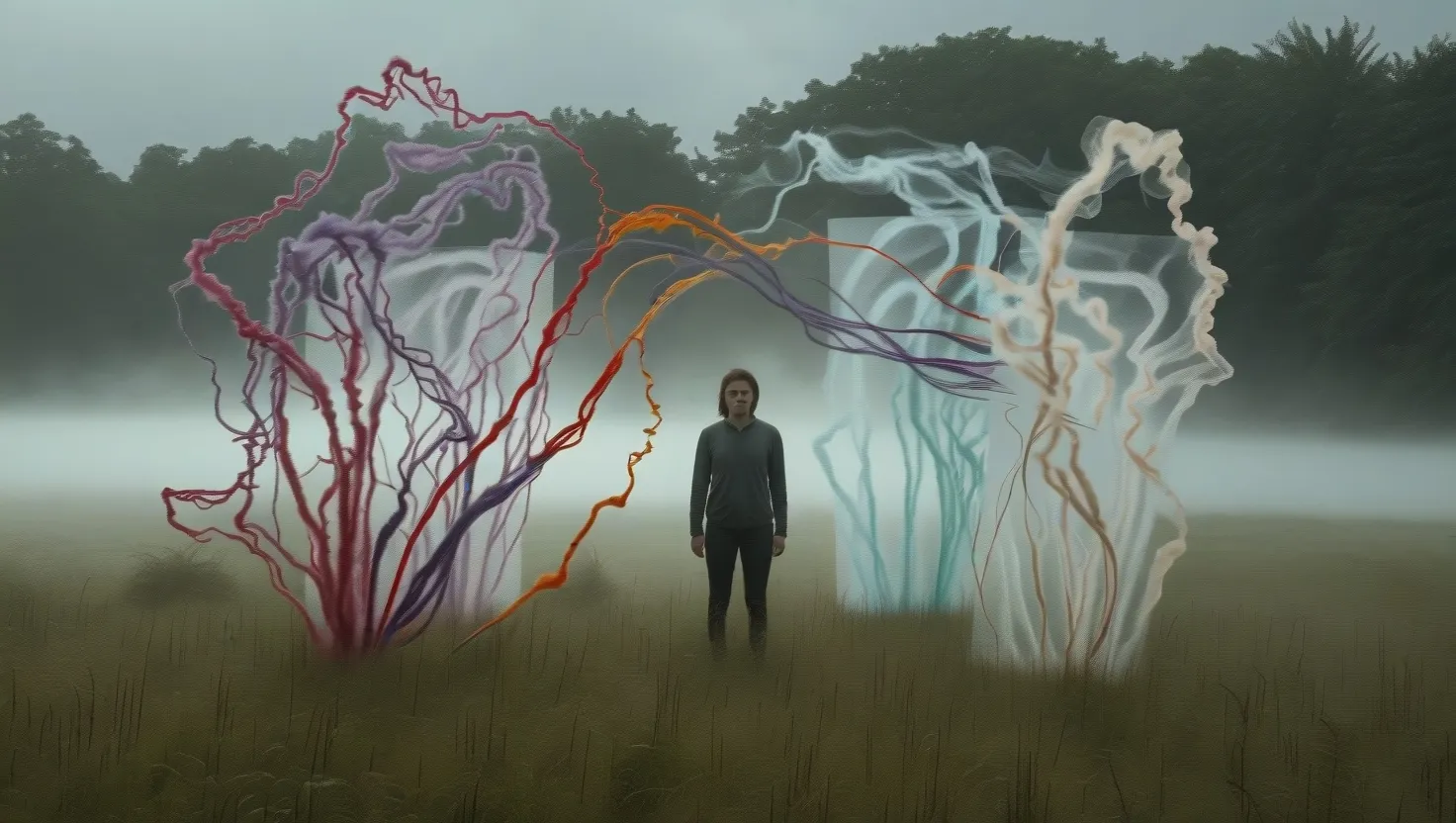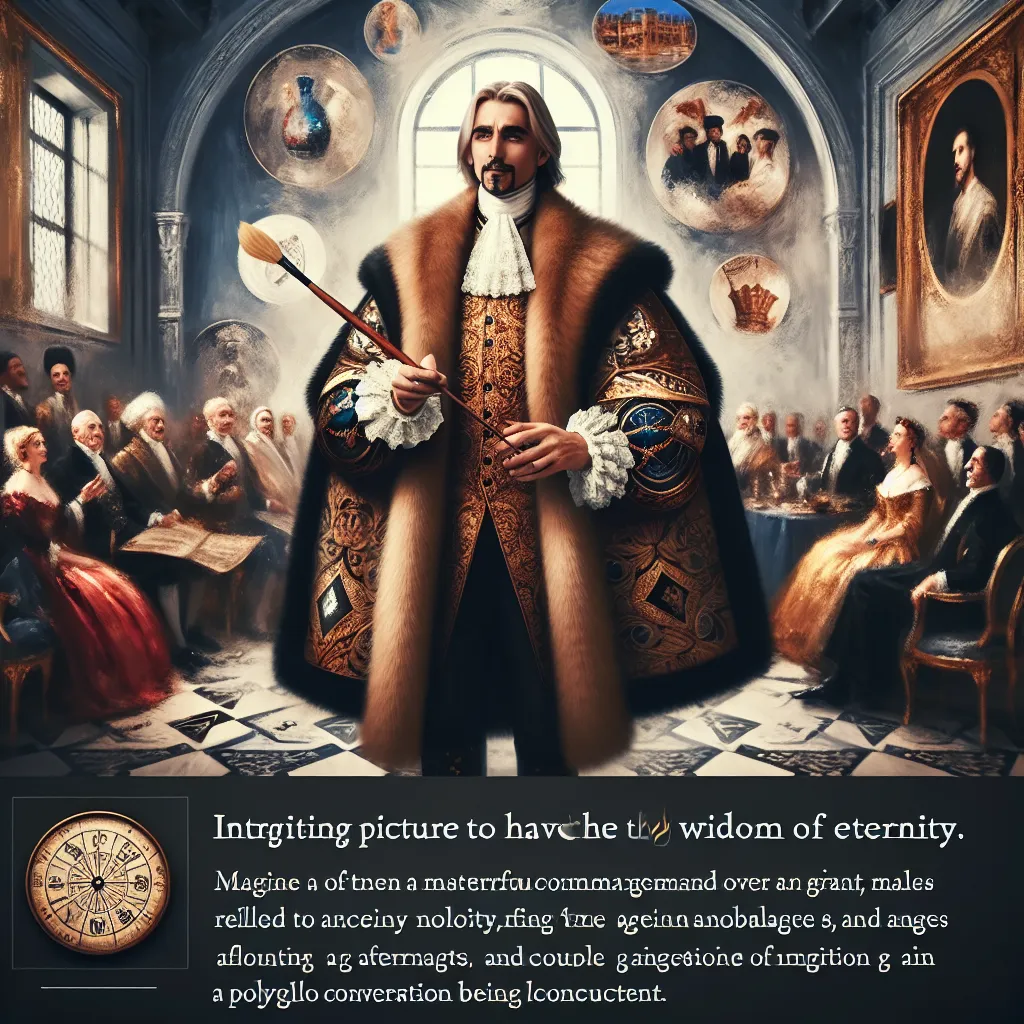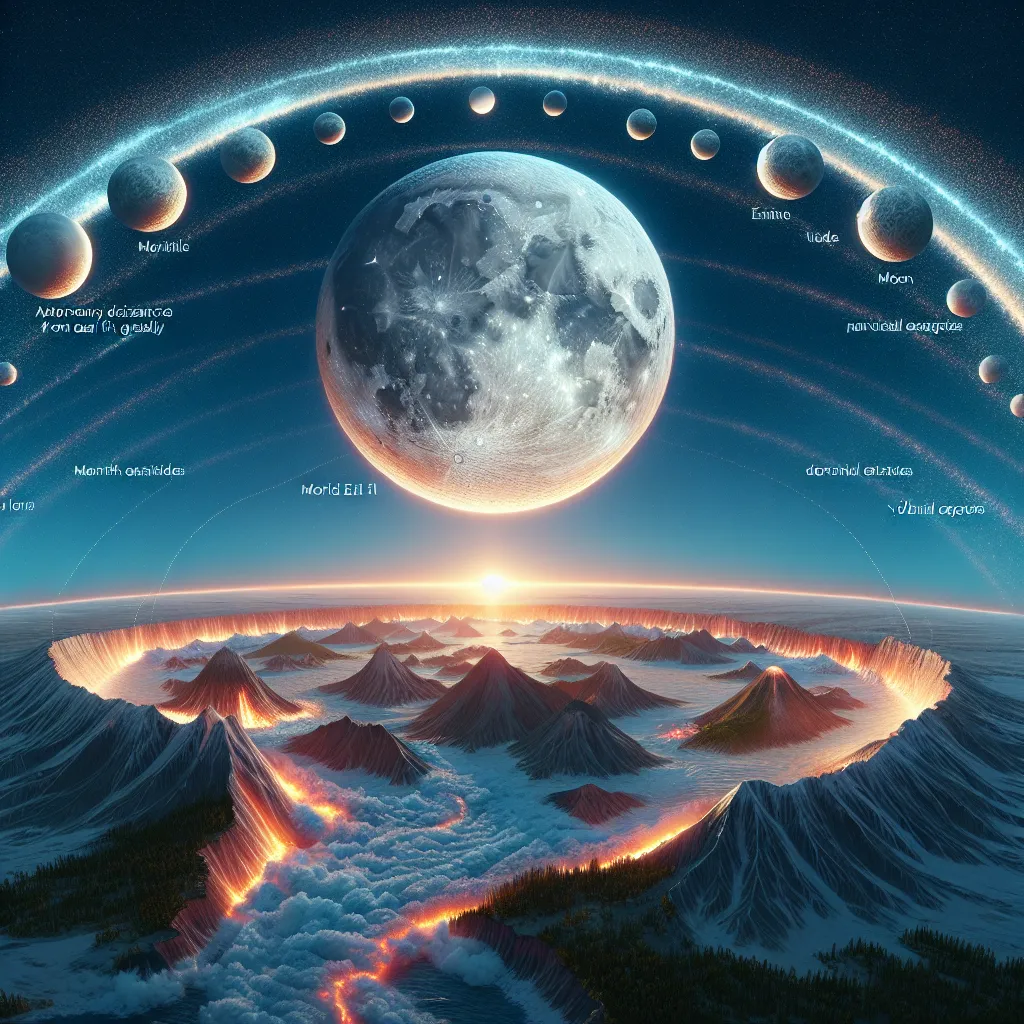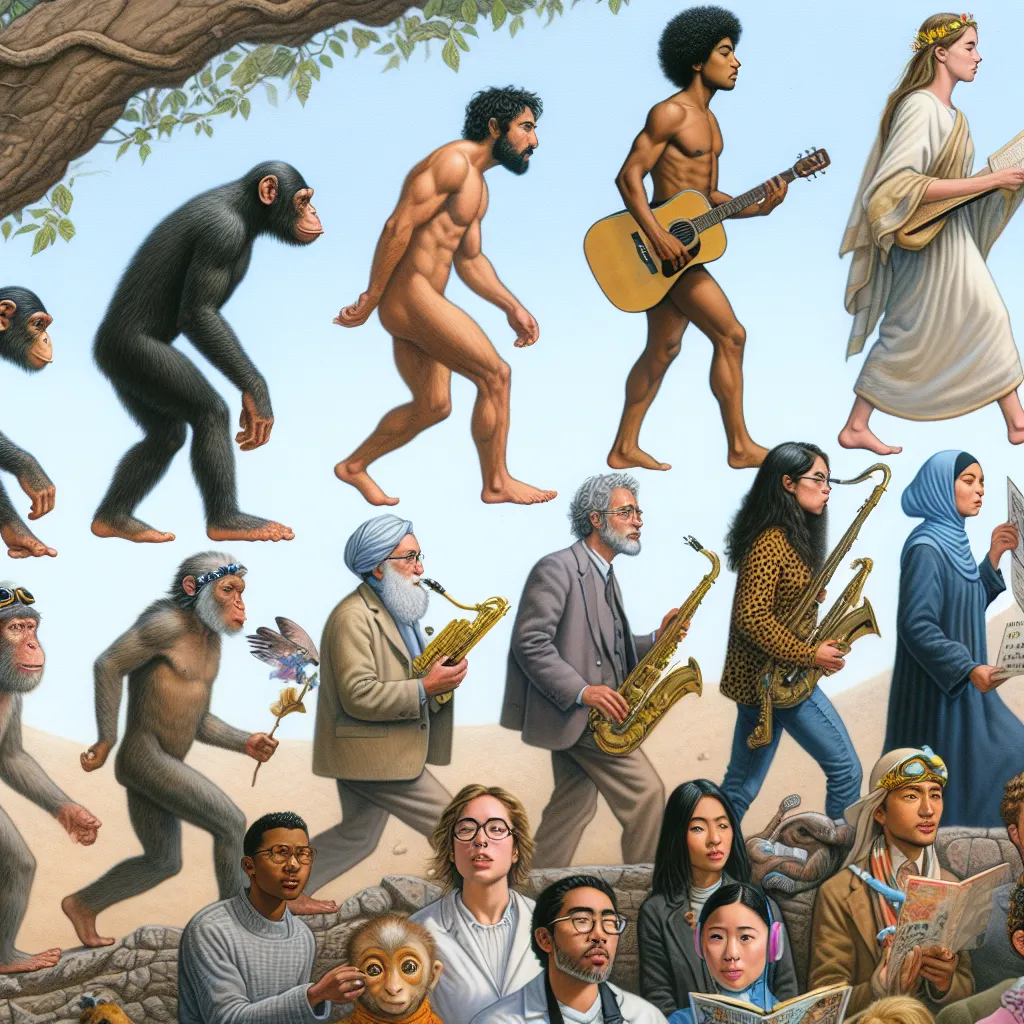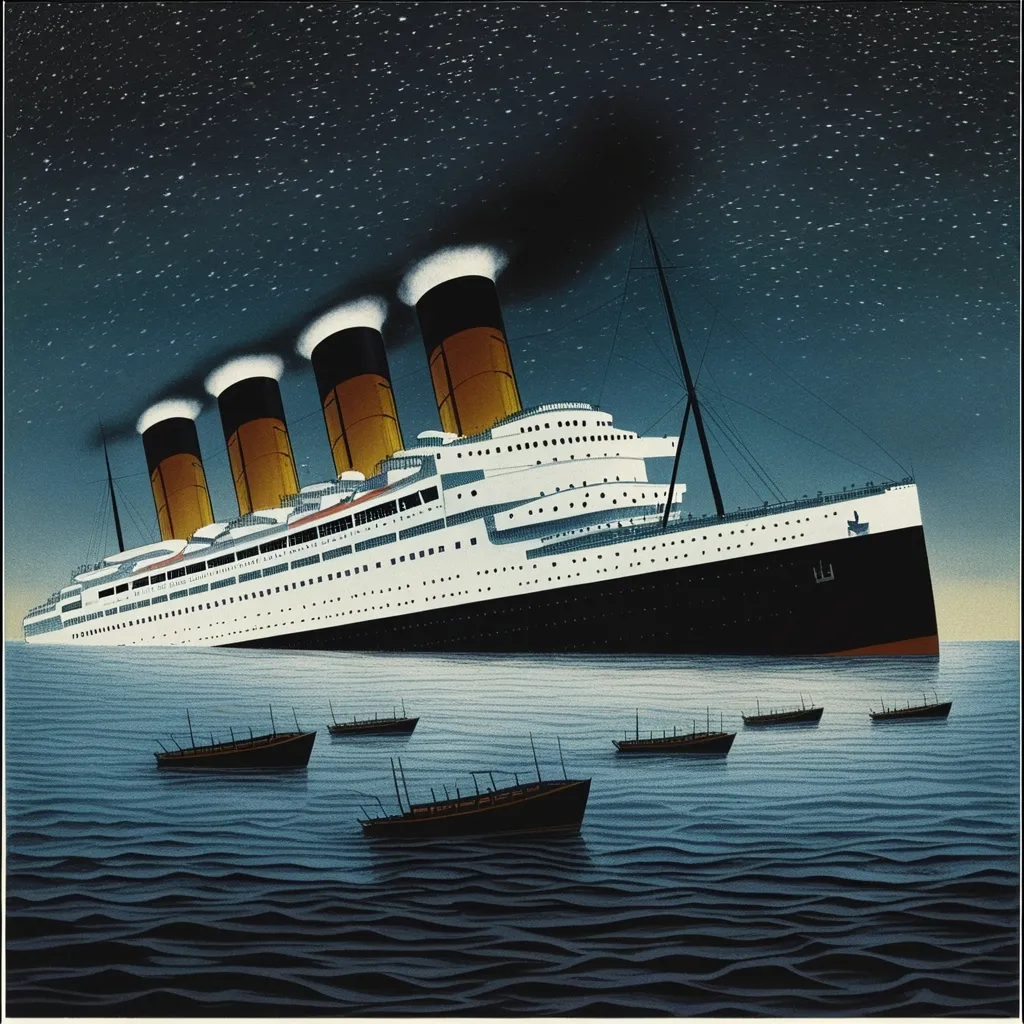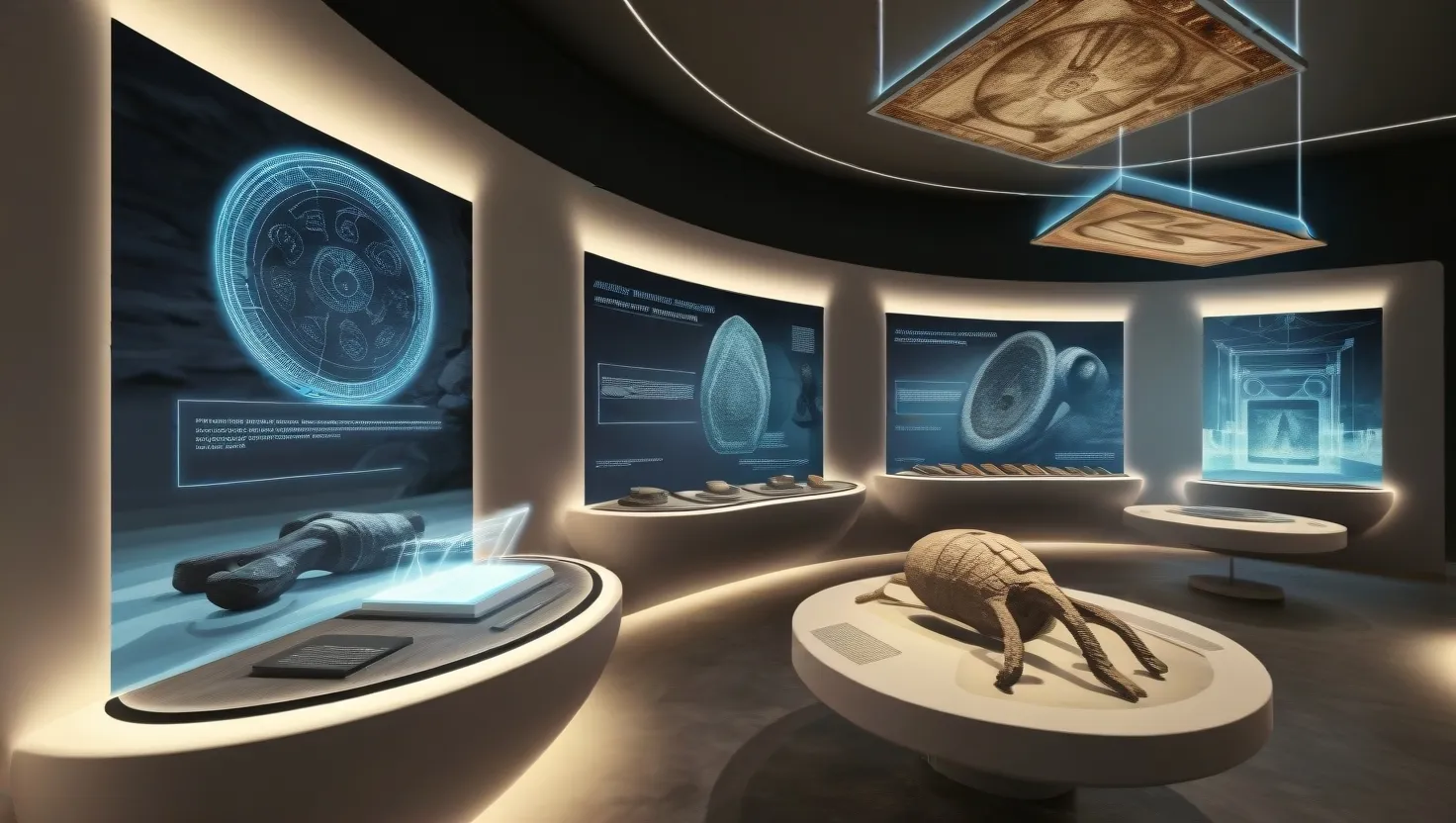As you take a deep breath, the aroma of freshly baked cookies or the scent of a blooming garden can transport you to a different time and place. But what if this phenomenon is more than just a nostalgic trigger? What if certain scents could be portals to parallel dimensions, briefly connecting our consciousness to alternate realities?
The conventional understanding of smell is rooted in biology and chemistry. When we inhale, odor molecules bind to olfactory receptors in our noses, triggering a signal that our brain interprets as a specific smell. However, this explanation doesn’t fully account for the complexities and anomalies of our sense of smell. For instance, why do very similarly shaped molecules often smell very differently, and vice versa?
This is where the quantum theory of olfaction comes into play. Proposed by biophysicist Luca Turin in 1996, this theory suggests that the sense of smell is not just about the shape of molecules, but about their vibrations. According to Turin, when odor molecules are captured by olfactory receptors, their bond vibrations promote a quantum tunnelling event in the receptor molecule. This event sends a signal to the brain, allowing us to perceive the smell.
But how does this relate to the idea of parallel dimensions? To explore this, we need to delve into the realm of quantum mechanics and its potential applications in biology. Quantum mechanics is known for its strange and counterintuitive phenomena, such as superposition and entanglement, which could potentially explain how our sense of smell might transcend the ordinary.
Imagine that each scent is not just a molecular signature but a unique vibrational frequency. When we smell something, our olfactory receptors might be tuning into these frequencies, much like a radio tuning into different stations. However, what if these frequencies are not limited to our physical reality? What if they can resonate with parallel dimensions or alternate timelines?
This idea may seem far-fetched, but it’s grounded in some intriguing scientific observations. For example, fruit flies can distinguish between odorants with the same shape but made of different isotopes of the same elements. This ability is hard to explain without invoking quantum mechanics, as the difference in isotopes would not affect the shape of the molecule but could affect its vibrational frequencies.
The concept of parallel dimensions or the multiverse is a staple of theoretical physics. It suggests that there are multiple realities beyond our own, each with its own version of history and reality. If our sense of smell can tap into these realities, even if only briefly, it would explain why certain smells can evoke such vivid memories or emotions. It’s as if we’re momentarily experiencing another version of ourselves.
But how could this work? One possibility is that the quantum tunnelling events in our olfactory receptors create temporary quantum entanglements between our consciousness and other realities. Entanglement is a phenomenon where particles become connected in such a way that the state of one particle is instantly affected by the state of the other, regardless of the distance between them. If our brains can entangle with other realities through scent, it could allow us to access memories or knowledge from those realities.
This idea is not entirely speculative. Research in quantum biology has shown that quantum phenomena can play a significant role in biological processes. For instance, the process of photosynthesis involves quantum coherence, where energy is transferred efficiently through a network of molecules in a way that defies classical physics. Similarly, the navigation of birds and the behavior of certain insects have been linked to quantum effects.
If we can master these olfactory portals, the implications are staggering. Imagine being able to consciously explore alternate timelines or tap into the knowledge of our parallel selves. It’s a concept that blurs the lines between science fiction and reality.
However, this is still a highly speculative area of research. While there is evidence supporting the quantum model of olfaction, the idea of scent as a portal to parallel dimensions remains a hypothesis. To prove this, we would need to find definitive evidence that our sense of smell can indeed connect us to other realities.
Until then, the next time you catch a whiff of something familiar, consider the possibility that your nose might be more than just a sensory organ. It might be an interdimensional antenna, picking up signals from across the multiverse. Whether this is just our brains playing aromatic tricks on us or a genuine gateway to other realities, the mystery of smell remains one of the most fascinating and enigmatic aspects of human experience.
As we continue to explore the frontiers of quantum biology and the mysteries of our sense of smell, we may uncover secrets that challenge our current understanding of reality itself. The power of smell, once seen as a simple biological process, could be the key to unlocking the hidden dimensions of our universe. So, take another deep breath, and let the aromas transport you to a world where the boundaries between reality and fantasy are blurred, and the possibilities are endless.
